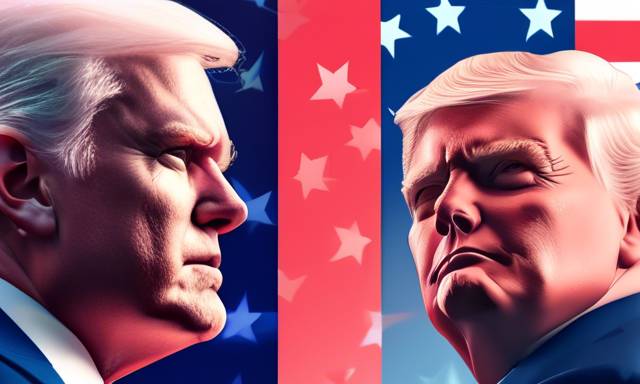🚀 Understanding Concerns Surrounding In-Game Purchases 🚀
The European Consumer Organisation (BEUC) has raised significant concerns regarding the practices of video game publishers, particularly in relation to their monetization strategies involving in-game purchases. This complaint, brought forth for consumer groups across 17 countries, highlights some troubling allegations of deceptive practices aimed specifically at children, aiming to manipulate their spending especially in popular gaming titles.
📜 Key Complaints About In-Game Purchases
BEUC’s complaint focuses on the perceived manipulative tactics utilized by game developers that lead consumers, more often children, to spend unreasonably high amounts on in-game purchases. It emphasizes that these publishers generate over $50 billion in revenue every year from virtual goods and services. However, the true extent of these costs is often obscured, making it challenging for players to understand their actual expenditures.
- In-game monetization practices are described as intentionally misleading.
- Young gamers reportedly spend an average of €39 each month.
- Notable games involved include Fortnite, Clash of Clans, Minecraft, and EA Sports FC 24.
The consumer body has urged European regulators to implement stronger protections for consumers against these aggressive marketing strategies.
🧒 Protecting Children from Covert Spending Tactics
One of the primary areas of concern is the effect these practices have on children, who are especially susceptible to impulsive spending. The BEUC argues for a ban on in-game currencies that obscure true costs, indicating that these currencies often mask how much players are truly spending. This recommendation builds on insights revealed in the recently updated Digital Fairness Fitness Check from August this year.
- Stricter age restrictions for games featuring in-game purchases are advocated.
- Transparency measures to disclose actual costs are also advised.
- Clear warnings prior to spending must be implemented.
“Companies should not be allowed to bend the rules to maximize profits,” stated Agustín Reyna, the general director of BEUC. He emphasized that the regulatory landscape should ensure that children are protected from exploitative practices, underscoring the expectation for the gaming sphere to uphold consumer protection laws just as businesses do in the real world.
🎮 The Gaming Sector’s Defense Mechanism
In contrast to BEUC’s assertions, the gaming industry has actively defended itself against these claims. Video Games Europe, a prominent trade organization representing major gaming companies, released a statement supporting the legitimate use of in-game currencies.
- The sector argues that in-game purchases are standard practice within the industry.
- Developers maintain compliance with European consumer protection laws.
- Numerous games provide free access for players to experience gameplay without upfront expenses.
Moreover, they contend that the industry adheres to the PEGI Code of Conduct, which is designed to promote transparency regarding the actual costs of in-game currencies at the point of purchase. Despite these defenses, the BEUC’s complaint has intensified discussions surrounding the increasing scrutiny over spending habits among younger consumers.
📊 Growing Trend in Video Game Consumption Among Young Players
According to a 2023 report published by the European Parliament, a substantial portion of the EU population, specifically over half, engages regularly with video games. Furthermore, 84% of children aged between 11 to 14 interact with games on mobile devices and other platforms. This statistic raises concerns considering children’s limited grasp on financial literacy and their typically minimal personal funds, illustrating a pressing issue for both regulators and advocates for consumer rights.
In past initiatives, BEUC has also challenged the integration of digital currencies in other applications; notably, they previously addressed TikTok regarding its virtual currency system. This led to modifications in how such purchases were displayed, showcasing an ongoing dedication to consumer rights in an increasingly digital economy.
🔥 Hot Take: Rethinking Consumer Protection in Gaming 🔥
The rising concerns from BEUC about in-game purchases underscore the essential need for stricter regulations in the gaming industry. As children and young gamers become more engaged with these platforms, it becomes crucial that protective measures are put into place to fend off manipulative practices. Transparency in pricing, clearer age ratings, and consumer education are pivotal for safeguarding the interests of vulnerable populations in this expansive digital environment. Addressing these issues not only benefits consumers but also enhances the integrity of the gaming industry moving forward.
The context surrounding in-game purchases is complex and necessitates ongoing discussions about consumer rights and ethical practices in gaming.





 By
By
 By
By
 By
By

 By
By